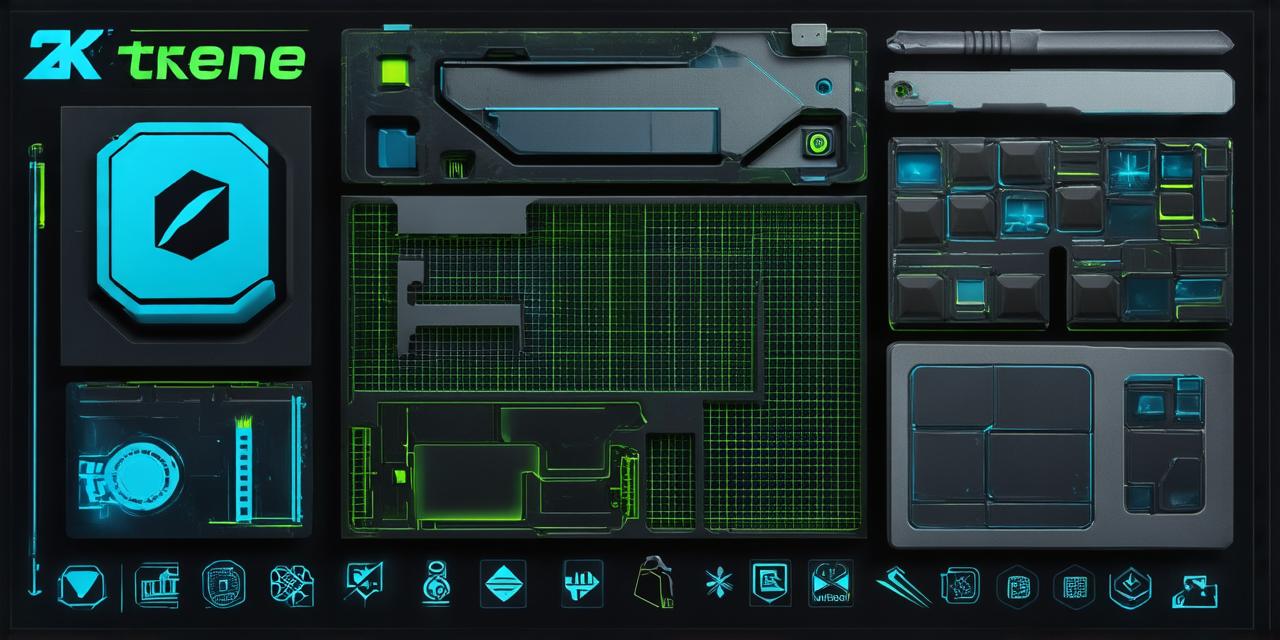Introduction
The Unreal Engine is an incredibly popular game engine that has been used to create some of the most successful games in recent years. However, there is a lot of confusion about who actually owns it, and whether or not it’s even possible for someone to own it outright. In this article, we will take a closer look at who owns the Unreal Engine, and what that means for developers who are using it.
Who Owns the Unreal Engine?
The Unreal Engine is owned by Epic Games, a company based in North Carolina, USA. Epic Games was founded in 1993 by Tim Sweeney, Mark DeLoura, and Clifford Furnell, and has since become one of the biggest names in the gaming industry.
However, while Epic Games owns the Unreal Engine, it doesn’t own all the rights to use it. This is because the Unreal Engine is released under an open-source license, which means that anyone can download it for free and use it to create their own games and applications.
The Benefits of Owning the Unreal Engine
Owning the Unreal Engine can have a number of benefits for developers, especially those who are working on large-scale projects. For example, because Epic Games is constantly updating and improving the engine, developers can take advantage of new features and improvements without having to spend time developing them themselves.
Additionally, owning the Unreal Engine means that developers have access to a dedicated support team at Epic Games, which can help them with any issues or questions they may have. This can be especially helpful for smaller studios who may not have the resources to hire their own support staff.
The Risks of Owning the Unreal Engine
Of course, there are also some risks associated with owning the Unreal Engine. For example, because it is an open-source engine, there is always the possibility that someone else could create a competing version of the engine that is better or more popular than Epic Games’ version. This could potentially harm Epic Games’ business and limit their ability to control the direction of the engine.

Additionally, because Epic Games has the final say in how the Unreal Engine is developed and maintained, there is always the possibility that they may introduce new features or changes that are not compatible with existing projects. This could potentially cause problems for developers who have invested a lot of time and resources into using the engine.
The Importance of Compatibility
Compatibility is a major concern for developers who are using the Unreal Engine, especially when it comes to creating games or applications that will be used on multiple platforms. This is because different platforms may have different hardware requirements and software specifications, which can make it difficult to ensure that the engine will run smoothly on all of them.
To address this issue, Epic Games has made a number of efforts to improve the compatibility of the Unreal Engine. For example, they offer a version of the engine called “Cross-Platform” that is specifically designed to be compatible with multiple platforms, including Windows, macOS, Linux, iOS, and Android.
However, even with these efforts, compatibility can still be a challenge for developers who are working on complex projects. This is why it’s important for developers to thoroughly test their games or applications on all of the platforms they plan to support, and to make sure that they have the resources and expertise needed to address any issues that arise.
